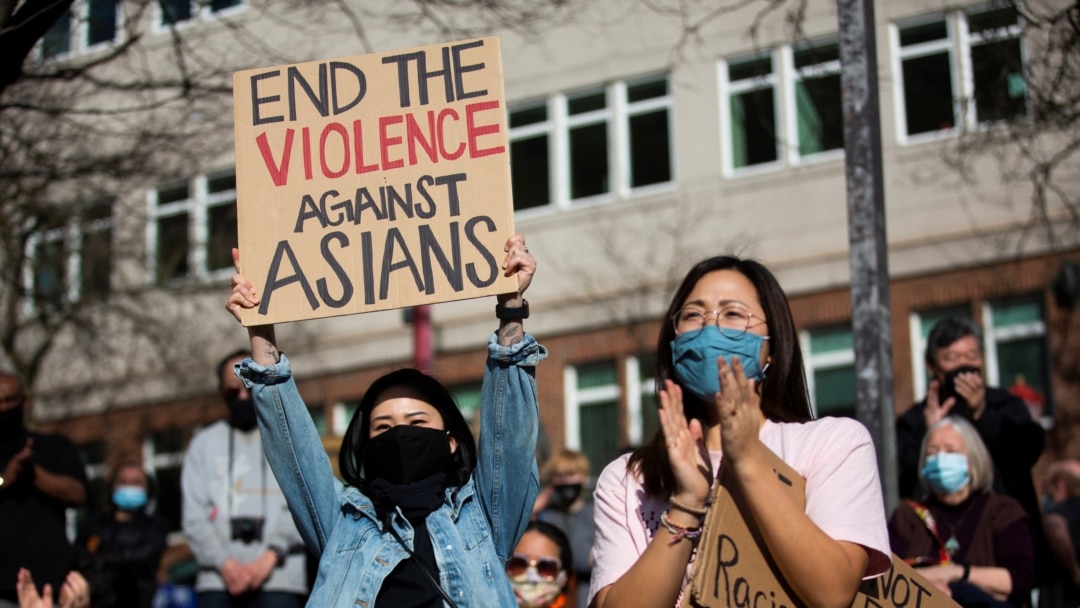The Rise of Asian Hate: How Covid-19 Altered the Civil Sphere


During the beginning of the COVID-19 pandemic (March 2020), we saw an increase in Anti-Asian racism as well as Asian hate crimes occurring throughout the United States. Anti-Asian messages were at an all-time high and Covid-19 racism against Asian Americans continues to persist in our society today. Anti-Asian crimes and rhetoric were becoming normalized through the media and public figures. Most notably, Donald Trump used the words “Chinese virus” and "Kung flu" when talking about the COVID-19 virus. In my hometown, New York City, I remember watching the news with my family—hearing updates on the latest violence against Asian-Americans. When I think back to this moment, I realize that the civil sphere was altered. Jeffrey Alexander defines the “civil sphere” as “a sphere or subsystem of society that is analytically and, to various degrees, empirically separated from the spheres of political, economic, family, and religious life” (Alexander 2006: 53). The civil sphere is determined by cultural codes that are influenced by communicative and regulative institutions. Both kinds of institutions were creating a solidarity of Anti-Asian sentiment at the height of the pandemic because that was the kind of rhetoric that was being used by both the media and politicians.
This shift in Anti-Asian/Covid-19 racism produced a toxic sense of nationalism that pits the “civilized” against the “uncivilized".” In this case, the “uncivilized” are Asian-Americans who are being targeted for their identity. The Trump administration is notorious for their “othering” of racial/ethnic groups (example: Trump’s racist Latinx/anti-immigration rhetoric). This is an example of nationalism fracturing the civil sphere because he tried to define a group of people as “uncivilized.” Even though he didn’t physically try to push Asian-Americans out of the country with a physical barrier (c.f. “the wall), Trump referring to Covid-19 as the “Chinese virus” is an example of what Alexander calls “uncivilizing pressures.” Since the Trump administration, overt Anti-Asian sentiment has slowed down, but there are still many instances of Covid-19 racism that occurs today. There are many people and organizations who continue to fight against Asian hate in the United States as it is imperative to dismantle this kind of sentiment and do away with dangerous solidarity.

Comments
Post a Comment